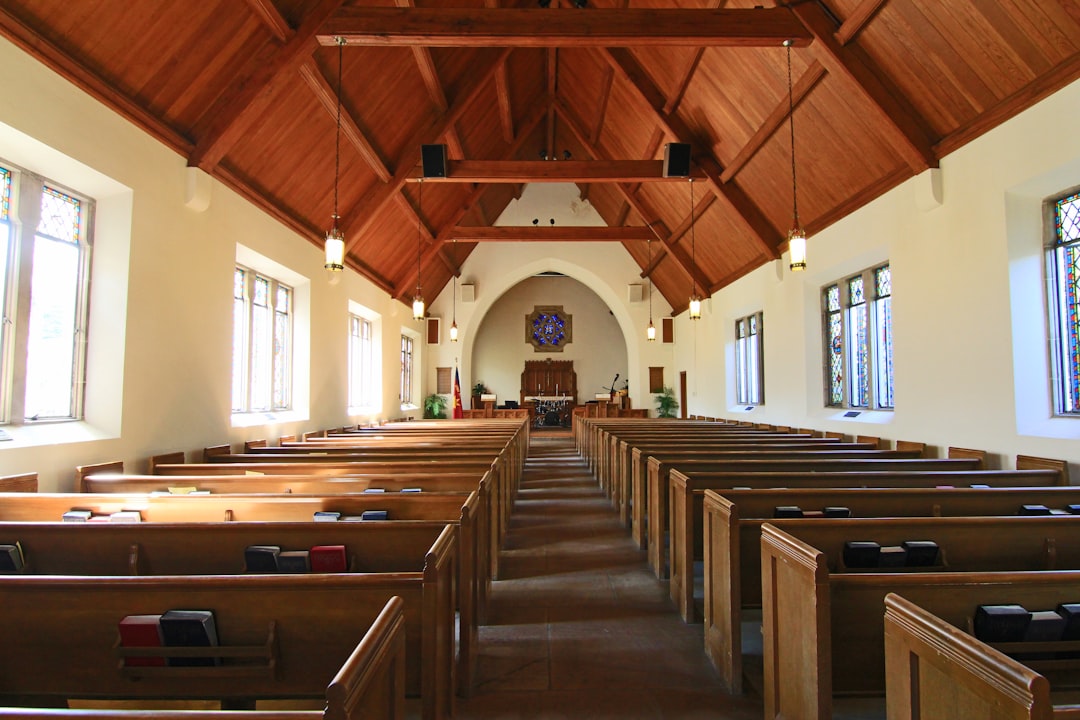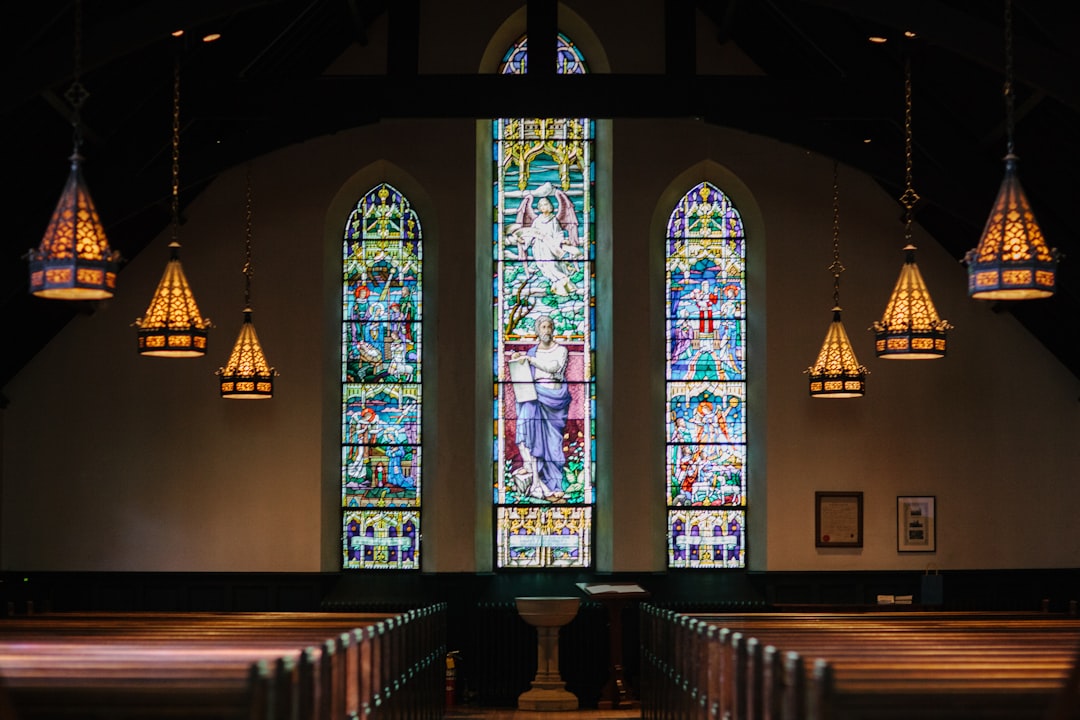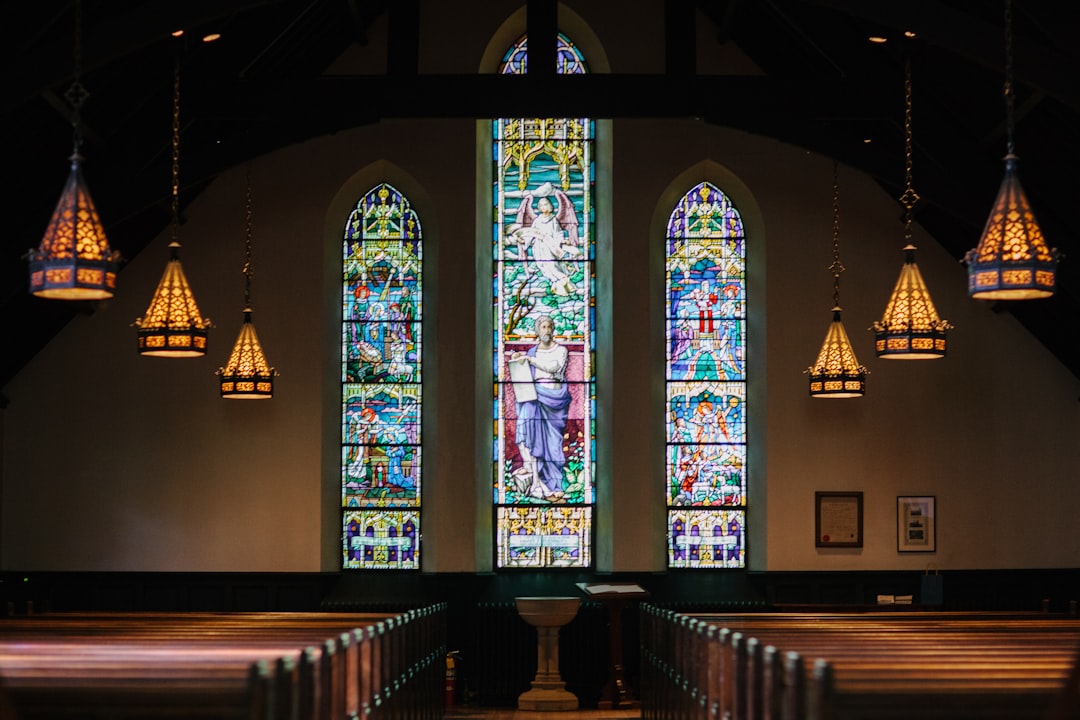In Ohio, clergy abuse lawyers play a vital role in addressing complex power dynamics leading to harm within religious communities. They guide victims through legal protections, navigate intricate ecclesiastical laws, and offer support from civil lawsuits to criminal reporting. By recognizing patterns and behavioral indicators, these specialists foster accountability and prevent future misconduct. Reporting abuse to local authorities and specialized civil lawyers ensures victim rights are protected, with investigations, evidence gathering, and potential trials leading to justice and compensation. Ohio's network of support systems, including counseling, legal aid organizations, and support groups, aids in the recovery process for clergy abuse survivors alongside these specialized attorneys.
In Ohio, the issue of clergy abuse has garnered significant attention due to its profound impact on victims. This comprehensive evaluation delves into various aspects of this complex topic, offering crucial insights for both survivors and legal professionals. We explore the legal dimensions and rights available to victims in Ohio, providing a detailed roadmap. Recognizing red flags and understanding the role of clergy abuse lawyers are pivotal steps. Additionally, we outline the legal process from reporting to trial and highlight support systems for survivors, emphasizing the importance of resources tailored to their needs.
Understanding Clergy Abuse: Legal Aspects and Rights in Ohio

Clergy abuse, a sensitive and complex issue, involves instances where members of the clergy exploit their positions of power and trust to inflict harm on individuals within their care. In Ohio, as in many other states, there are specific laws and legal protections in place for victims of clergy abuse. Understanding these rights is crucial for those affected by such situations.
If you or someone you know has experienced clergy abuse, seeking legal counsel from experienced clergy abuse lawyers Ohio can be a significant step towards justice and healing. These professionals specialize in navigating the intricate legal aspects of such cases, ensuring that victims’ rights are protected. They help individuals understand their options, whether it’s pursuing civil litigation or reporting criminal offenses, while providing support throughout the process.
Recognizing Patterns: Identifying Red Flags in Sexual Misconduct Cases

Recognizing patterns is a critical aspect of identifying potential sexual misconduct within the clergy, especially in sensitive cases like those involving Ohio clergy abuse lawyers. By scrutinizing historical data and individual experiences, patterns can emerge that signal warning signs or red flags. These might include recurring incidents of inappropriate behavior, isolated yet serious offenses, or consistent failure to report suspected abuse despite promises or obligations to do so.
Clergy abuse lawyers in Ohio emphasize the importance of being vigilant for such patterns as they can help establish a culture of accountability and prevent future harm. Training programs aimed at recognizing red flags often focus on behavioral indicators, such as unwelcome physical contact, inappropriate gifts, or secretive behavior. Additionally, changes in the individual’s mood, isolation from peers, or sudden shifts in their spiritual practices might indicate underlying issues requiring further investigation.
The Role of Clergy Abuse Lawyers in Ohio: Guidance and Representation

In Ohio, clergy abuse lawyers play a pivotal role in addressing and resolving cases involving sexual misconduct by religious leaders. These specialists possess an in-depth understanding of both the legal aspects and the unique dynamics inherent in ecclesiastical matters. They offer crucial guidance to victims, helping them navigate the complex process of seeking justice within their faith communities.
Clergy abuse lawyers in Ohio represent victims in civil lawsuits against churches, religious organizations, or individuals who have committed abuse. They provide vital support by conducting thorough investigations, gathering evidence, and negotiating settlements or, if necessary, advocating for victims in court. Their expertise ensures that victims’ rights are protected and that they receive the justice and compensation they deserve.
Legal Process: From Reporting to Trial in Ohio's Clergy Abuse Cases

In Ohio, the legal process for addressing clergy abuse cases involves a series of steps that begin with reporting and can lead to trial. The first step is crucial—victims or individuals aware of such abuse must report it to the appropriate authorities, often including local law enforcement and religious organizations’ internal review boards. Once reported, the case may be referred to civil lawyers specializing in clergy abuse cases in Ohio, who will guide victims through the legal system. These attorneys play a vital role in ensuring that rights are protected and that justice is pursued.
The next phases involve investigations, evidence gathering, and potential negotiations. If criminal charges are warranted, they are filed by prosecutors. Civil cases may proceed with victims filing lawsuits against the accused clergy members or institutions. From here, the case navigates through pretrial hearings, discovery processes, and ultimately, trial. Throughout this journey, clergy abuse lawyers in Ohio serve as advocates, providing legal strategy, evidence presentation, and fierce representation to ensure a fair outcome for their clients.
Support Systems and Resources for Survivors of Clerical Abuse in Ohio

Survivors of clerical abuse in Ohio have a range of support systems and resources available to help them navigate their experiences and seek justice. Many non-profit organizations offer counseling, legal aid, and community support for those who have been affected by sexual or emotional abuse within religious institutions. These organizations often work closely with clergy abuse lawyers in Ohio to ensure survivors receive the best representation possible.
Legal aid organizations specializing in clerical abuse cases can provide crucial guidance and assistance. They offer free consultations and help survivors understand their rights, file lawsuits, and navigate complex legal processes. Additionally, support groups led by trained professionals allow survivors to connect with others who have experienced similar traumas, fostering a sense of community and healing. These resources are vital steps towards justice and recovery for those who have suffered at the hands of spiritual leaders.



